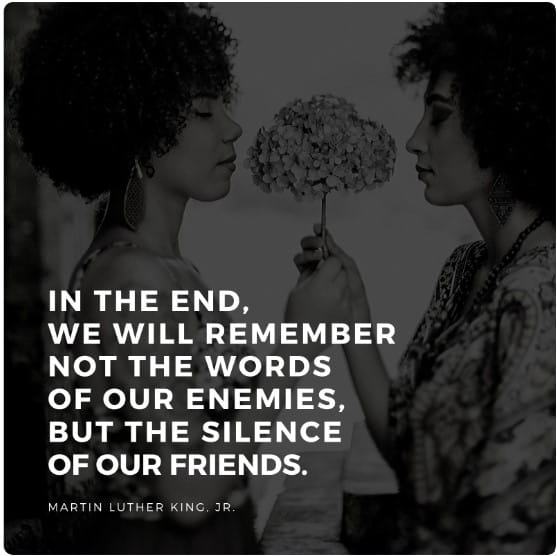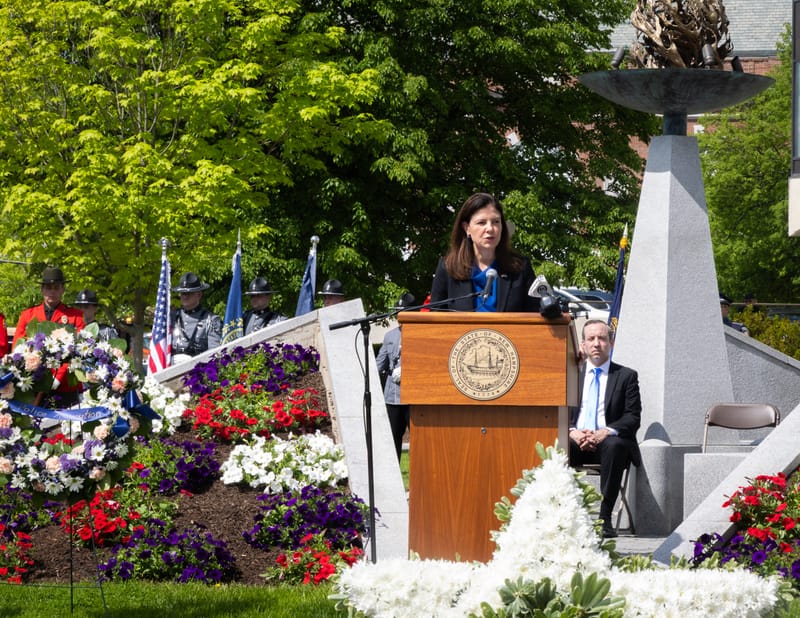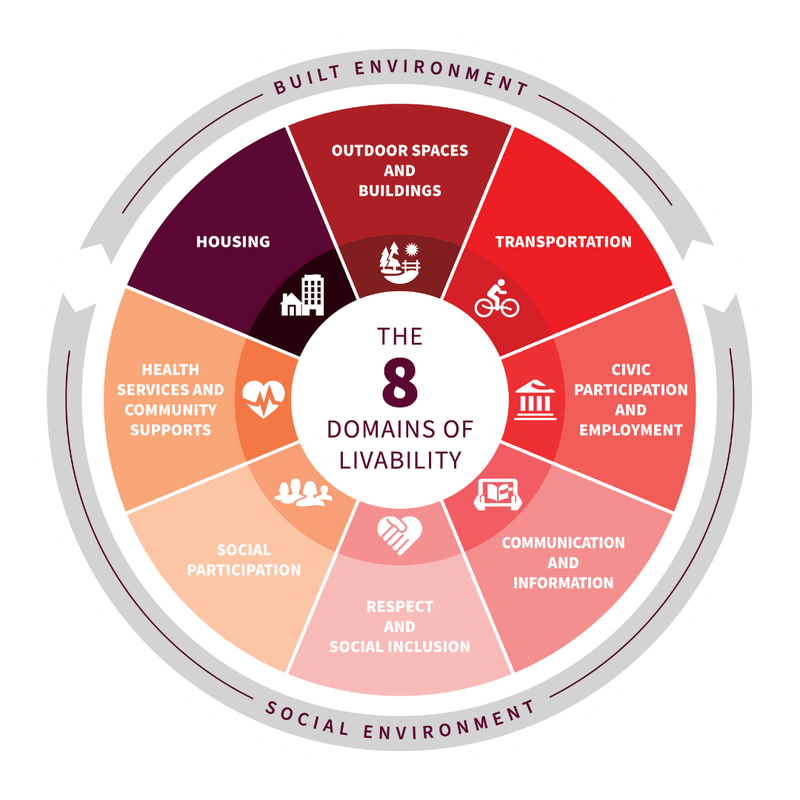The Soapbox: MLK Day a time to reckon with our blindspots of discrimination at the intersection of race and gender
O P I N I O N THE SOAPBOX Stand up. Speak up. It’s your turn. While King’s leadership was instrumental in advancing civil rights, it is essential to acknowledge the gender disparities within his, and the larger, movement. Women have always played significant roles in organizing and mobilizing commun

O P I N I O N
THE SOAPBOX

Stand up. Speak up. It’s your turn.
While King’s leadership was instrumental in advancing civil rights, it is essential to acknowledge the gender disparities within his, and the larger, movement. Women have always played significant roles in organizing and mobilizing communities for social change. Yet, their contributions were frequently overshadowed by male leaders like King. The exclusion of women from King’s inner circle perpetuated a patriarchal structure that hindered their ability to fully participate in decision-making processes.
We often talk about King without mention of the work of the notable women who stood by his side at every turn. Those women include the likes of New Orleans chef and restaurant owner Leah Chase and Jo Ann Robinson, who is often credited with masterminding the Montgomery bus boycott. And most notably, women like Rosa Parks and Dr. King’s own wife, Coretta Scott King. In their own rights, these women were movements unto themselves and essential to the movement for civil rights. Throughout this country’s history, women of color – Black women – have continued to hold the soul of this nation with sacrifice, care, love, and encouragement toward something greater. Yet, the stories of Black women leaders oftentimes end in a unique form of segregation and erasure.
Today we continue to see the reverberation of the erasure of the toil of Black women as we continue toward the pursuit of racial justice and liberation. Dr. Claudine Gay, recent president of Harvard University, stands as another modern casualty at the intersection of race and gender identity in the form of dismissal and defamation of Black women. Scapegoated and integrity questioned, Gay’s position at Harvard questioned the status quo and entitlement, not only of white dominance but also of widely celebrated male leadership. Gay serves as a reminder of the ambitions of the ever-changing demographics of the United States. She represents the progression of ideology and thought through modern societal ills – the same progression of ideology that King is known and praised for advocating – while possessing traditionally accepted educational and professional accolades.

As Michael Eric Dyson wrote in I May Not Get There With You: The True Martin Luther King, Jr., the sexism of the time prevented King from forging stronger connections with “radical Black women who were his great ideological allies in the struggle against economic oppression.” This illustrates how even our most notable and prolific civil rights activists overlook the work, strategy, and foresight of Black women. How are we still getting this wrong in 2024?
It is important to recognize that this critique does not diminish King’s accomplishments or undermine his commitment to equality. Rather, it highlights the need for a more comprehensive understanding of historical figures and it begs us to reckon with our own blindspots of discrimination at the intersection of race and gender.
This absence of women limited diverse perspectives and hindered the movement’s potential for progress. By excluding women from leadership positions, King inadvertently reinforced gender inequalities that continue to persist within society at large – especially as it pertains to women of color and Black and Indigenous women, most specifically.
What we know to be true is that Dr. King was, and his legacy continues to be, one of the strongest advocates for continued learning and self-reflection as it pertains to how we treat one another. The foundation of civil rights, of which King is one of the most celebrated architects, continues to be the blueprint for our modern-day evolution, and our understanding of moral philosophy. In 1957 King said, “Life’s most persistent and urgent question is, ‘What are you doing for others?’” While his efforts often excluded women, King’s legacy of personal growth for the sake of societal gain reminds us to attend to our blindspots of identity and intersection and continuously ask, ‘what am I doing for others?’
So, what does that mean for us in 2024 as we celebrate the legacy of Dr. Martin Luther King, Jr.?
I posit that it means that we have a moral obligation to make ‘right’ the ‘wrongs’ of our most revered leaders, by naming and elevating those who give their livelihood and lives, but are, and continue to be, relegated to silence and isolation – in the name of progress. King himself illustrates this best during his arrest in 1956 in Montgomery, AL, “the ultimate tragedy is not the oppression and cruelty by the bad people but the silence over that of the good people.”





